2nd Year MPH Student: Leah Moubadder
Category : #WeAreEmoryEPI
For this week’s #IamEmoryEpi spotlight, we met up with Leah Moubadder!
Tell us a little bit about your academic history:
I graduated in 2016 from Eastern Michigan University with a Bachelor of Individualized Studies (this is code for: I love math and science, but I’m not sure what I’d like to do with it). My three formal concentrations were: (1) biochemistry and organic chemistry, (2) human genetics and pathology and (3) liberal studies.
What are your primary research interests?
My research interests are in environmental exposures and molecular epi, particularly as it relates to reproductive health and cancer.
What were you up this this past summer?
This past summer I worked at Winship Cancer Institute, under the guidance of Dr. Lauren McCullough, on a project investigating the role of obesity in the prognosis of diffuse large B-cell lymphoma by using imaging- and molecular-based assessments of adiposity. I also continued my REAL position at the PBB Registry, under the guidance of Dr. Michele Marcus, where we are examining transgenerational epigenetic inheritance associated with polybrominated biphenyl (PBB) exposure. Lastly, I wrote a manuscript reviewing the current literature linking environmental exposures to the molecular pathogenesis of non-Hodgkin’s lymphoma.
Are there any exciting projects or experiences you are involved in right now?
I’m continuing everything I was doing in the summer – all of which are exciting! Additionally, I’m getting started on my thesis on gene-environment interactions in the PBB-exposed cohort.
What is your favorite part about earning your MPH at Rollins?
The people. Everyone I have worked with at Rollins, in whichever capacity, has been welcoming, helpful, and collaborative.
What advice do you have for 1st year MPH students?
Get (at least a little) out of your comfort zone. By doing so, I’ve learned so much, both academically and professionally, in just the first year.
What books are you currently reading, or what podcasts are you currently listening to?
I listen to the Free Associations podcast religiously. I also just finished the book Educated by Tara Westover and it was awesome!
What are three fun facts that you want people to know about you?
- I lived in Japan for a year.
- I did the equivalent of 23&me for my dog.
- I can’t bake to save my life.
What are you thankful for this Thanksgiving?
So much to be thankful for! I’m thankful for the Epi Department here at Rollins, all of my great mentors, and the incredible friends I’ve made here!
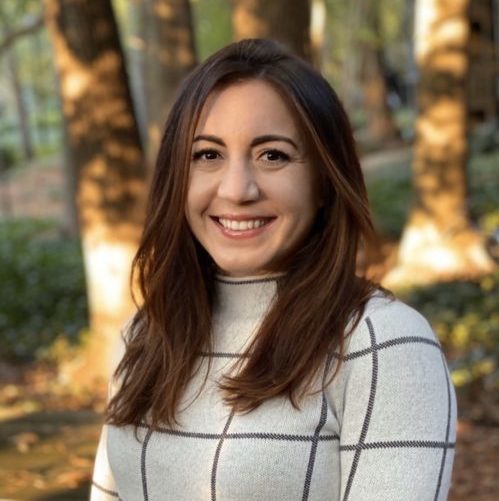
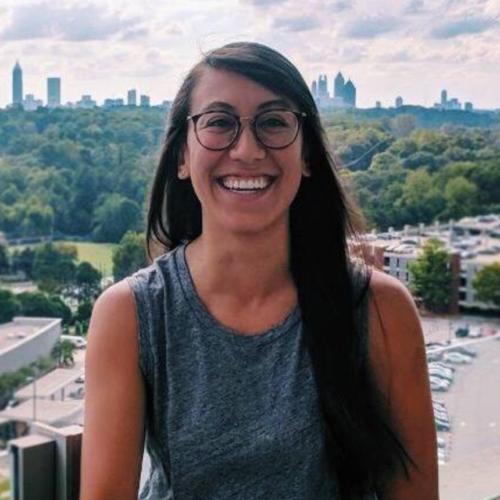
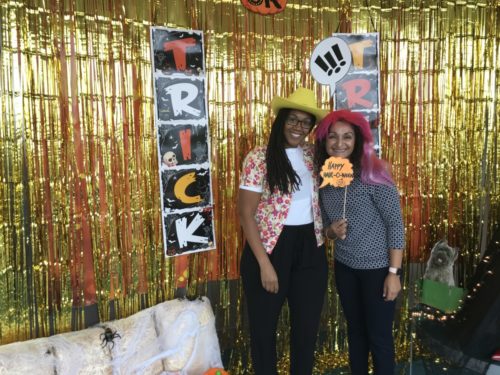
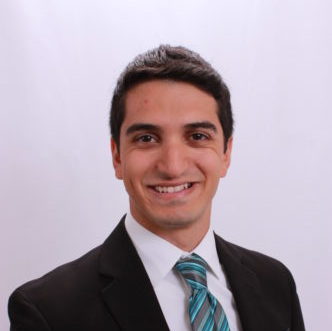
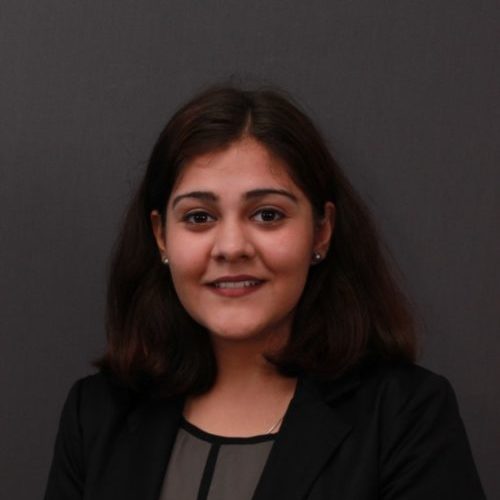
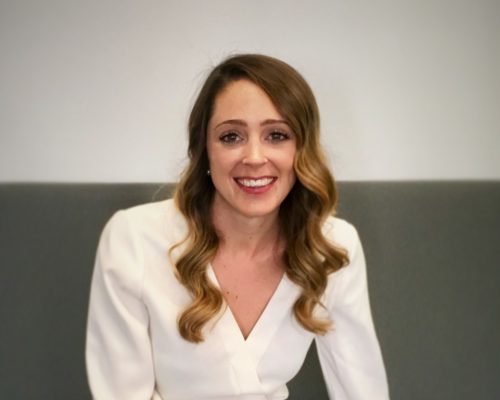
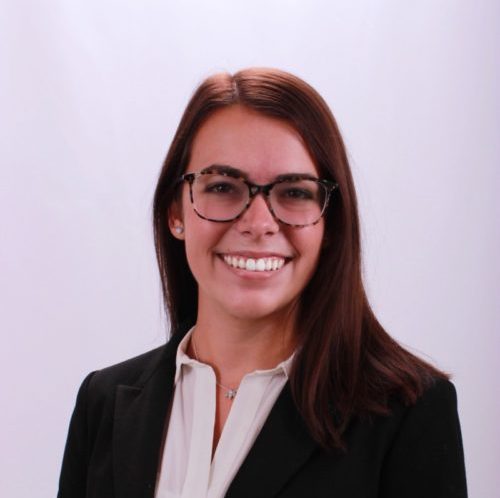
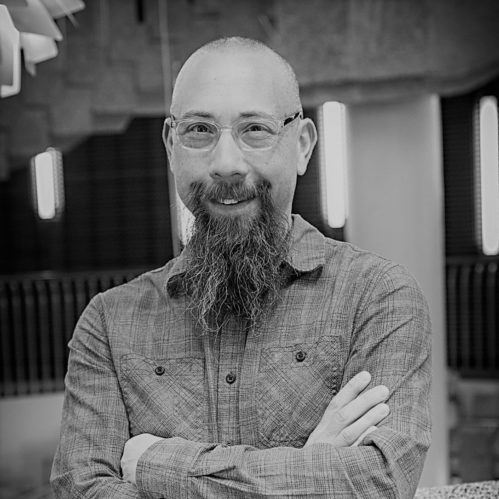
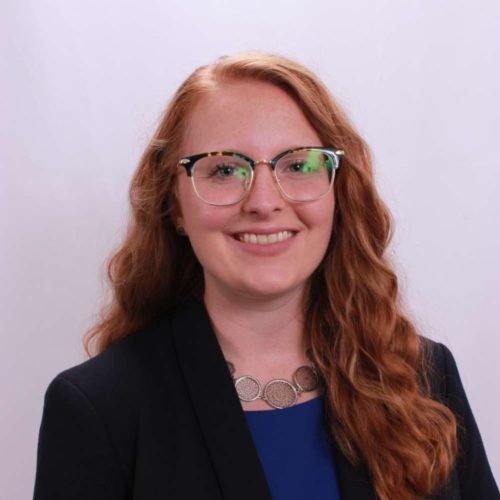
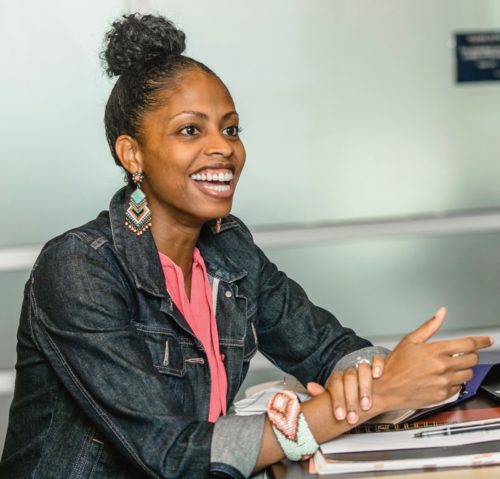
Recent Comments